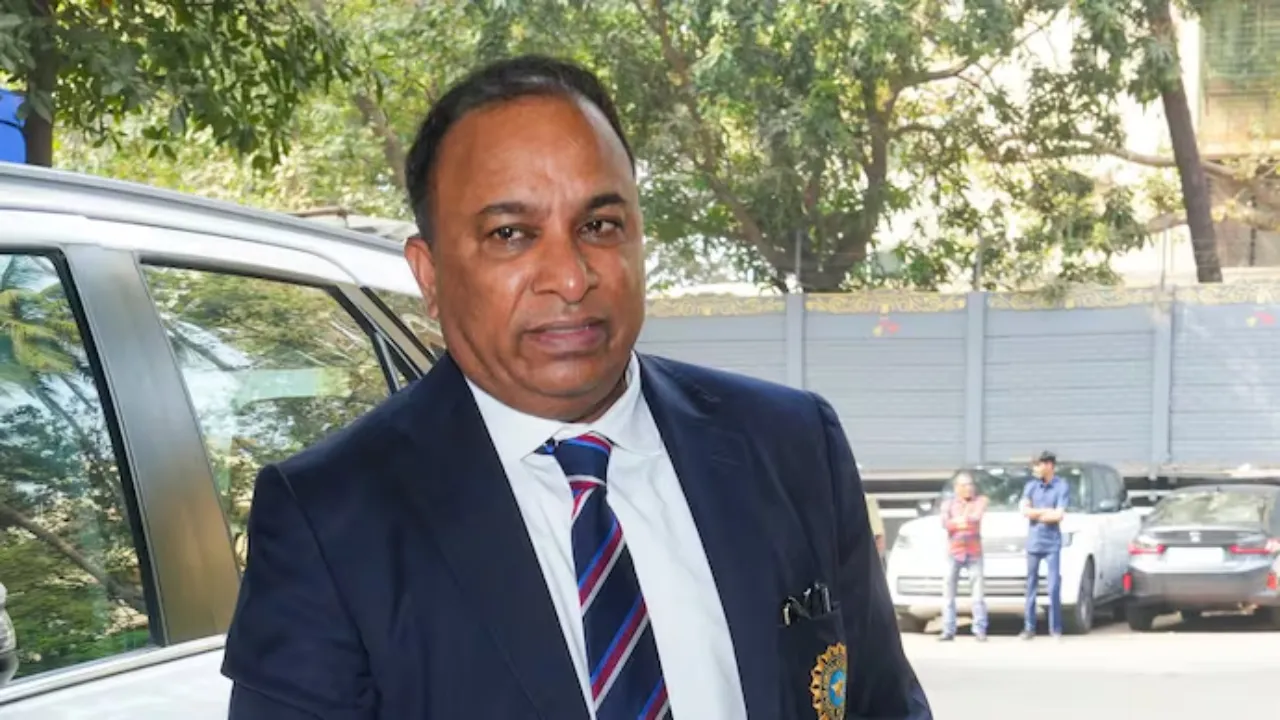New Delhi: The Board of Control for Cricket in India (BCCI) has confirmed that it will not alter its existing policies for Indian players on overseas tours. BCCI secretary Devajit Saikia stated on March 19 that despite Virat Kohli’s concerns over restricted family time, the current Standard Operating Procedures (SOPs) will remain unchanged.
Kohli’s Discontent with SOPs
Speaking at an event ahead of the Indian Premier League (IPL) season, Virat Kohli expressed his desire for more family time during long overseas tours. The former Indian captain emphasized that having family around helps players manage their mental well-being and perform better on the field.
“If you ask any player whether they want their family around, the answer will always be yes. After finishing the game, you want to return to a normal life and not just sit in your room alone,” Kohli remarked in response to Isa Guha’s question on BCCI’s touring policies.
The current SOPs were introduced after India’s 3-1 series loss to Australia and aim to maintain team discipline and focus during international assignments.
BCCI’s Firm Stance on Guidelines
Responding to Kohli’s statement, Saikia made it clear that the BCCI does not intend to make immediate changes. “At this stage, the current policy will remain intact, as it is of paramount importance to both the nation and our institution, the BCCI,” he told Cricbuzz.
The BCCI acknowledged that some players might have differing opinions, but the board believes the rules are applied fairly to all team members, including players, coaches, and support staff.
Key Features of BCCI’s Overseas Tour SOPs
- Players away for more than 45 days can have their partners and children (under 18) visit for one two-week period per series.
- The BCCI covers shared accommodation, but all other expenses are borne by the player.
- Visits must align with dates approved by the Coach, Captain, and GM Operations.
- Any exceptions require prior approval from team management.
Saikia concluded that while policies have evolved over time, special concessions will only be granted under exceptional circumstances through proper channels.
